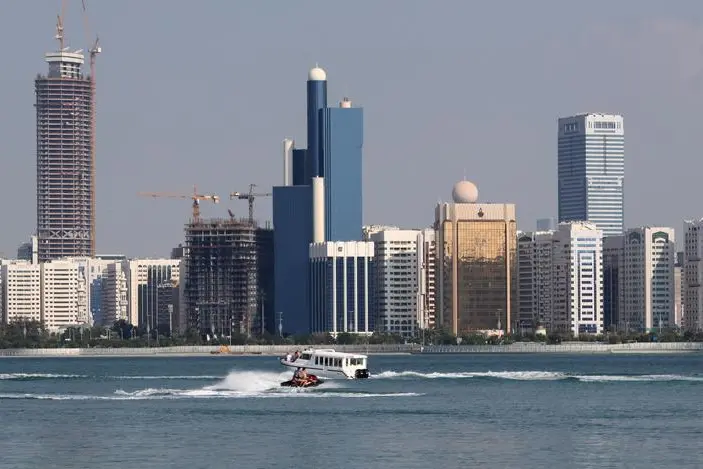PHOTO
Almost one fifth of the UAE’s wealth is held by just 12 people, according to a new report by Boston Consulting Group.
The group’s Global Wealth Report, presented by senior partner & managing director Markus Massi in Dubai on Tuesday, showed that the 12 billionaires hold 18 per cent of the country’s wealth, while in the next bracket, 139 individuals with wealth between $100 million and $1billion, hold eight percent of the country’s wealth.
The largest group at 40 percent was the nearly 6.9million people in the UAE whose wealth is between 0-$100,000. Five more categories, ranging from $0.1million-0.25million, up to $20milllion-$100million, account for the remaining 33 percent of the population, at between four percent and eight percent each.
Massi said the spread of wealth between the richest and the poorest in the country could change as the market matures.
“Typically, in more mature markets you will see a more equal split, but not such a pronounced one where there are ultra-high net worth individuals holding 18 percent of the total wealth,” he said.
“If you have family conglomerates driving a lot of the private sector growth here, then you will see a natural inclination where, if you have a got a country structure where certain families are holding a significant part of the private sector, that this also relates to wealth held by a few people in the country.”
The figure only includes wealth, and does not include members of the royal family or public sector assets.
The report also showed that the world is getting richer – with global wealth growing by 12 percent in 2017, with the Middle East’s wealth growing in line with that at 11 percent.
However, in terms of the highest percentage of a country’s population that are millionaires, surprisingly, there were no Middle Eastern countries in the top 10, with Switzerland, USA, Hong Kong, Liechtenstein and Luxembourg making up the top five, followed by Denmark, Iceland, Canada, Sweden and the Netherlands.
Massi said the lack of Middle Eastern countries in the top 10 may be attributed to a change in methodology. While in the past, the consultancy has classified the percentages of millionaires in terms of households, it is now done based on individual wealth.
Saudi Arabia retains the largest share of wealth of all the Middle Eastern countries, although its share has reduced from 25.3 percent in 2012 to 22 percent in 2017, and is projected to fall further to 17 percent by 2022.
Boston Consulting Group’s forecasts suggest that the spread of wealth across Middle Eastern countries will move towards becoming a more even field by 2022. While Turkey, the second biggest player, will increase its share from 11 to 12.4 percent, the UAE, Kuwait, Qatar, Bahrain will reduce their shares, and the remaining countries combined will see their share increase to more than 50 percent for the first time.
Massi also spoke about the potential for the upgrade of Saudi Stock Exchange Tadawul to encourage an inflow of foreign direct investment, saying it could follow the model demonstrated by Singapore in the 1990s, when the island city-state positioned itself as a gateway to the entire Asian market.
“When you transfer to that to the Middle East – you have seen Tadawul upgraded to Emerging Market, and the next logical step to would be to upgrade Tadawul from an Emerging Market to a Developed Market, which then will have significant inflow of foreign direct investment.”
Another step would be to allow passportability between GCC countries, so that international investors could go to one exchange in order to trade with all, he said.
The initial public offering of Saudi Aramco, now excepted to take place in late 2019, also has significant implications for capital markets, capital market flows and international investors coming to the region, concluded Massi.
“It’s more a question of sophistication of capital markets, regulatory environment and the attractiveness of the GCC to list into trade,” he said.
(Reporting by Imogen Lillywhite; Editing by Michael Fahy)
(Imogen.lillywhite@thomsonreuters.com)
Our Standards: The Thomson Reuters Trust Principles
Disclaimer: This article is provided for informational purposes only. The content does not provide tax, legal or investment advice or opinion regarding the suitability, value or profitability of any particular security, portfolio or investment strategy. Read our full disclaimer policy here.
© ZAWYA 2018





















